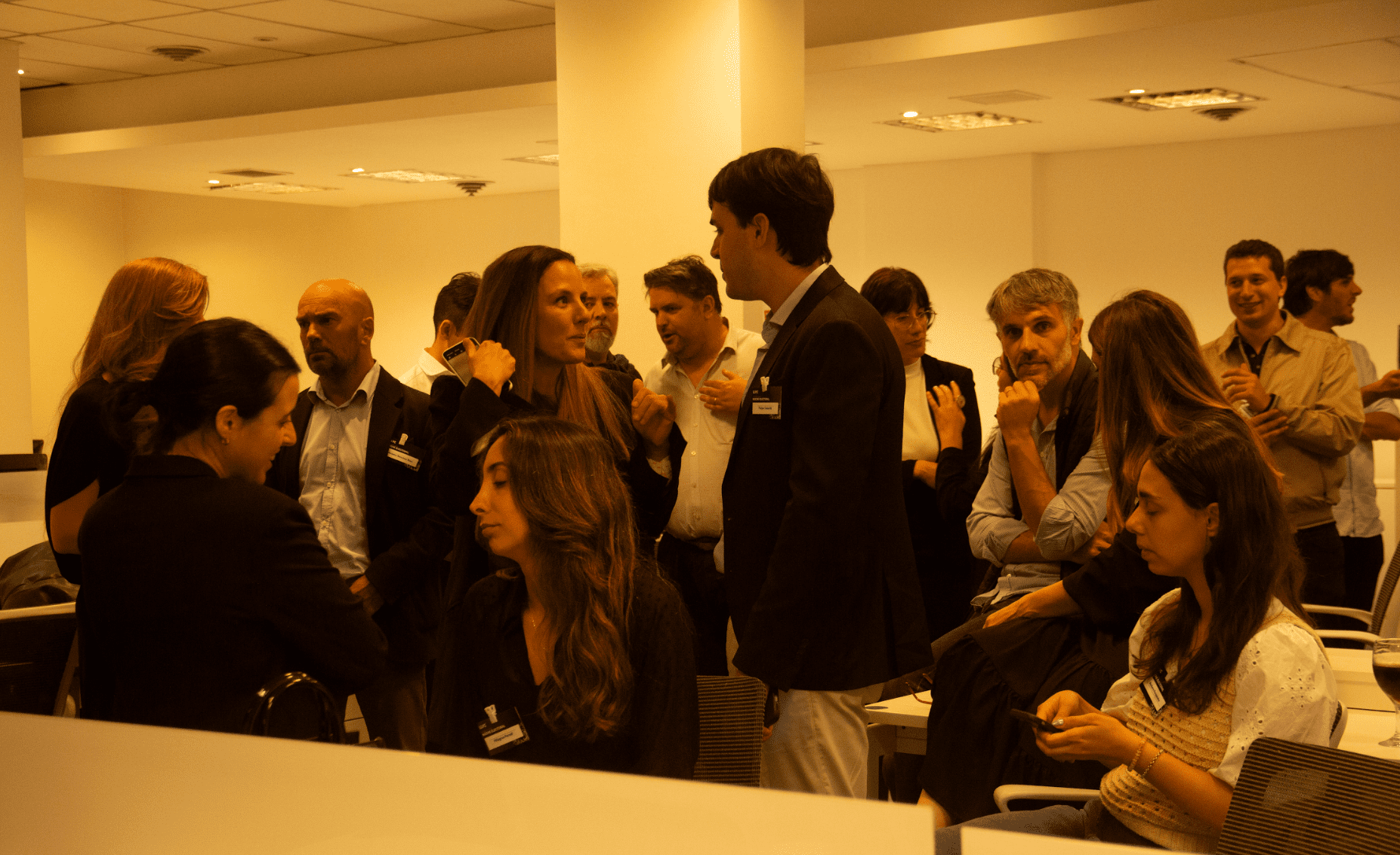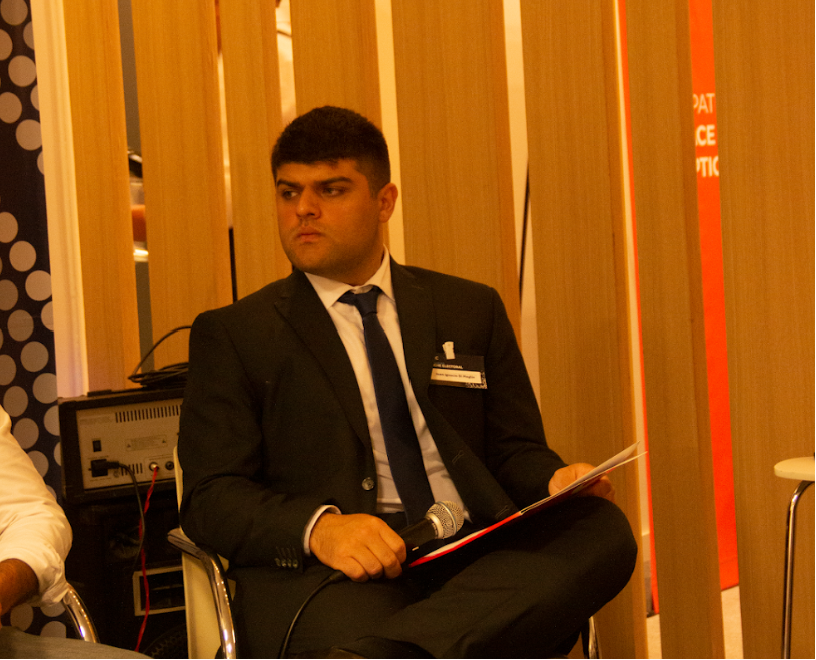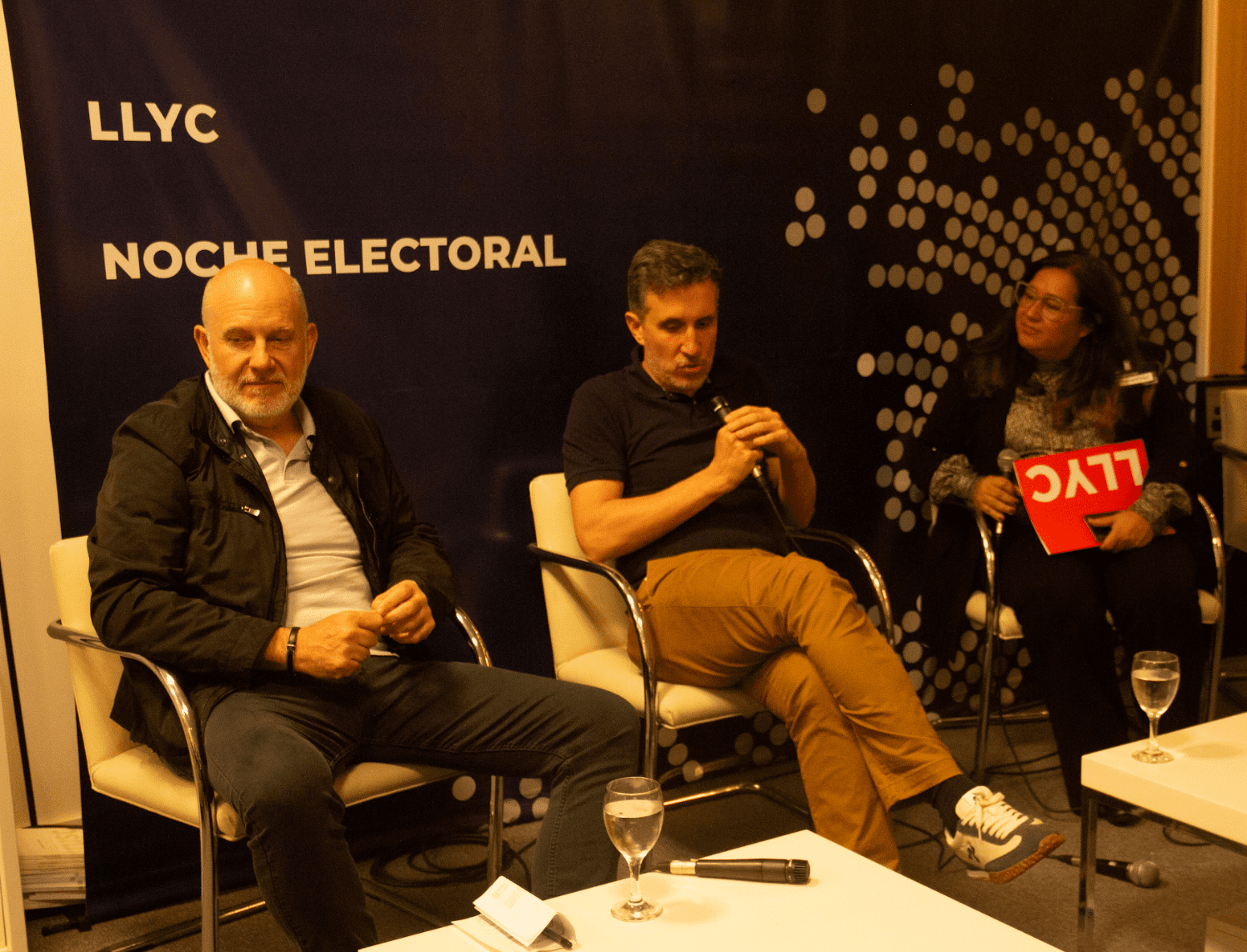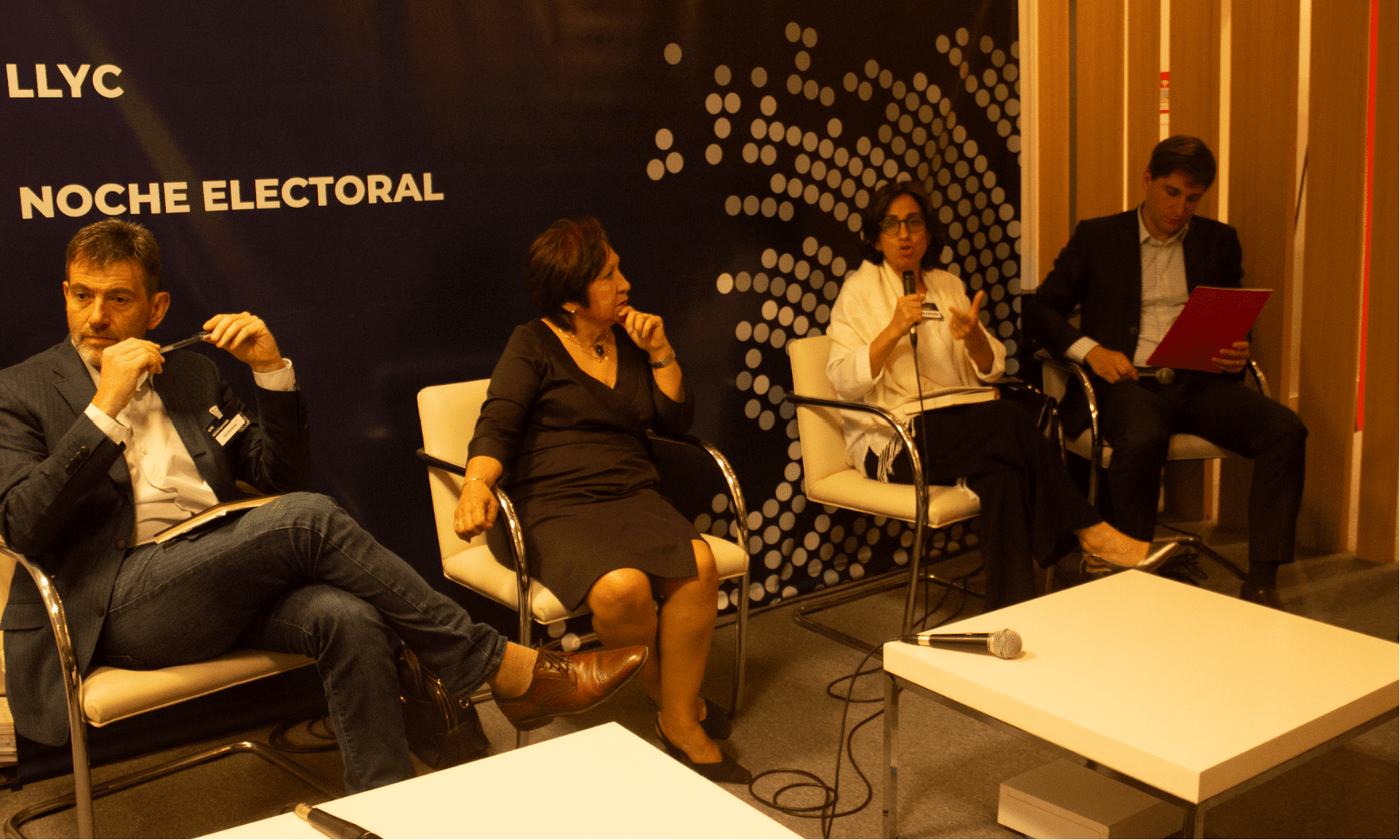In Argentina, last Sunday, October 22, the general elections were held to define the future national government that will take office as from December 10, for the next four years. The results of this first round positioned as winner the candidate of Unión por la Patria and current Minister of Economy of the Nation, Sergio Massa, with 36.68% of the votes; in second place Javier Milei, candidate of La Libertad Avanza, with 29.98%, both candidates will define who will be the next President in the ballotage to be held on November 19. In third place, with 23.83% of the votes was the candidate of Juntos por el Cambio (Together for Change), Patricia Bullrich, a referent of a political space that lost its role of opposition to the ruling party. In fourth and fifth place were the current governor of Córdoba, Juan Schiaretti of Hacemos por Nuestro País, and Myriam Bregman, of the FIT-U coalition with 6.78% and 2.70% respectively.
Since none of the candidates in dispute managed to surpass the 45% of votes, or 40% with a difference of 10 percentage points with respect to the second most voted candidate, the electoral rules expressly establish that the country must decide the final winner in a second round or ballotage. Thus, Argentine citizens will have to go to the polls on November 19 in a context of marked macroeconomic volatility, social conflict and uncertainty.
Since the beginning of the electoral campaign, there has been a tense social climate and considerable levels of citizen discontent with the political leadership as a whole. Two consecutive administrations of different political sign -Juntos por el Cambio (2015 – 2019) and Frente de Todos (2019 – 2023)- failed to solve the structural issues to which they committed themselves, such as inflation, production, employment, poverty, among others, and were the germ of the current crisis of representation of the parties that threatens a rupture of the Argentine political system as we know it so far; that is, based on a dichotomous regime of majority coalitions and third minority forces of territorial anchorage.
This generalized feeling of apathy and weariness with the political class led to the accelerated growth of an electoral alternative: La Libertad Avanza, which, through the ideas of liberalism, seeks to be the catalyst for the rejection of “traditional” candidates and is positioned as an alternative likely to become a government. However, Peronism, with a deficient management from the economic point of view, surprisingly managed to be the most voted space and to renew its projections for a second electoral round.
This report seeks to examine the scenario resulting from the first round of elections, its likely impact on political and economic stability, and to estimate the socio-economic and political conditions in which the second round will take place.
Images of the Election Night at the offices of LLYC Argentina
.









